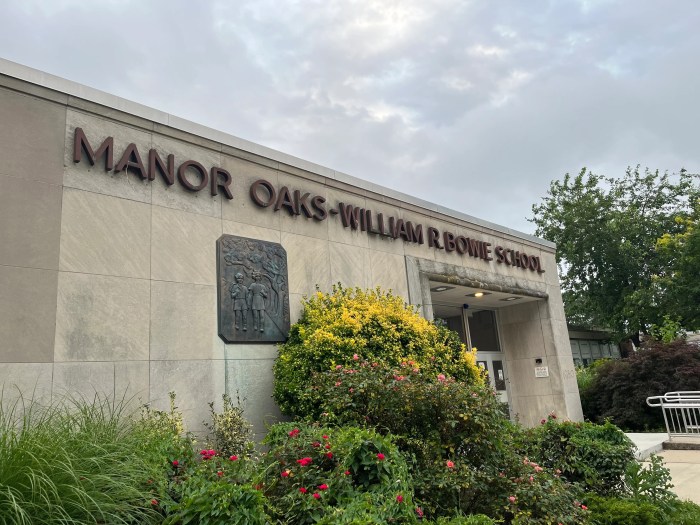Reductions in staffing overages maintains compliance

The Garden City School Board has proposed a budget that would increase taxes by 3.54 percent (with STAR) for the 2018-19 year.
The board presented its first recommendations for the proposed budget, which is $115,805,283, an increase of $3,143,702 from last year. This uptick can be attributed to a number of factors, including rollover expenses not being covered by the tax levy cap, no reduction in state mandates and a $4 billion New York State budget deficit resulting in reduced aid to the district. All this is coupled with a number of increases that need to be addressed, be they in first-grade enrollment, the minimum wage rate, Special Education costs, mandated ENL services and students and the certain spike in health insurance costs.
As always, the Garden City School District continues to rely on nearly 82 percent of its budget to come from property taxes (roughly $92 million for 2017-18) in order for the district to operate its programs. The estimated property tax hit for the upcoming budget will be around $95.55 million. Among the reasons why this is the case has to do with the community being eligible for little federal aid despite these grants varying from year to year, little revenue being generated from interest on deposits and fees and a continued reduction in state aid.
The amount of state aid that Garden City Public Schools receives has fallen significantly. In 2008, state aid represented 6 percent of the Garden City Public School’s budget and has since fallen to about 5 percent for the proposed 2018-19 budget. The state aid figure for 2017-18 was $5.9 million and while the actual number for 2018-19 is not yet known, it’s estimated that the Garden City School District will dip to around $170,856 less.
That said, one of the primary goals of the district is to maintain its long tradition of high achievement and serve as an excellent return on investment based on a history of sound fiscal management and a commitment to continuous improvement. It is these factors that have been a key element in making Garden City a destination location and a major component of the local economy. This preliminary budget proposal is one that Interim Superintendent Dr. Alan Groveman feels will have the least impact on the components that make the district such a high performing one.
“It maintains the robust programs and services that we’ve been used to in this district. It recognizes the values and investments in STEM technology and moving forward in those kinds of areas that will prepare our students for the future and it includes funds for our capital 5-year plan, so we don’t fall behind. It’s critical, especially with capital, to maintain an ongoing program because if you stop one year, you literally have to double the next year just to catch up. So you can’t fall behind, otherwise the district falls into disrepair and you’ll never catch up,” he said. “We also maintained the continuum of special education services and opportunities, especially those pre-services, including pre-school and other kinds of options for students with special needs. The strategic reduction of staff means that rather than cut a program, we’ve decided to just tighten up on all the programs and services, and that’s how we’re going to make the budget work. So when you see the expenditures side of the budget, you’ll see a tightening of staffing, rather than any elimination of any programs or services and you’ll see programs for music, athletics, Quest, FLES and STEAM will all continue to run.”
As complicated a process as it is coming up with the 2018-19 budget, the board of education has remained committed to maintaining a robust program that prepares students for the rigors of college and the demands of citizenship, includes funds for security upgrades and recognizes the value of investments in STEAM while continuing to provide resources for technology upgrades.
A vote on the budget by residents is scheduled for May 15. The next board of education work session is on Wednesday, March 7.
What did you think of this article? Share your thoughts with me by email at: dgilderubio@antonmediagroup.com


































